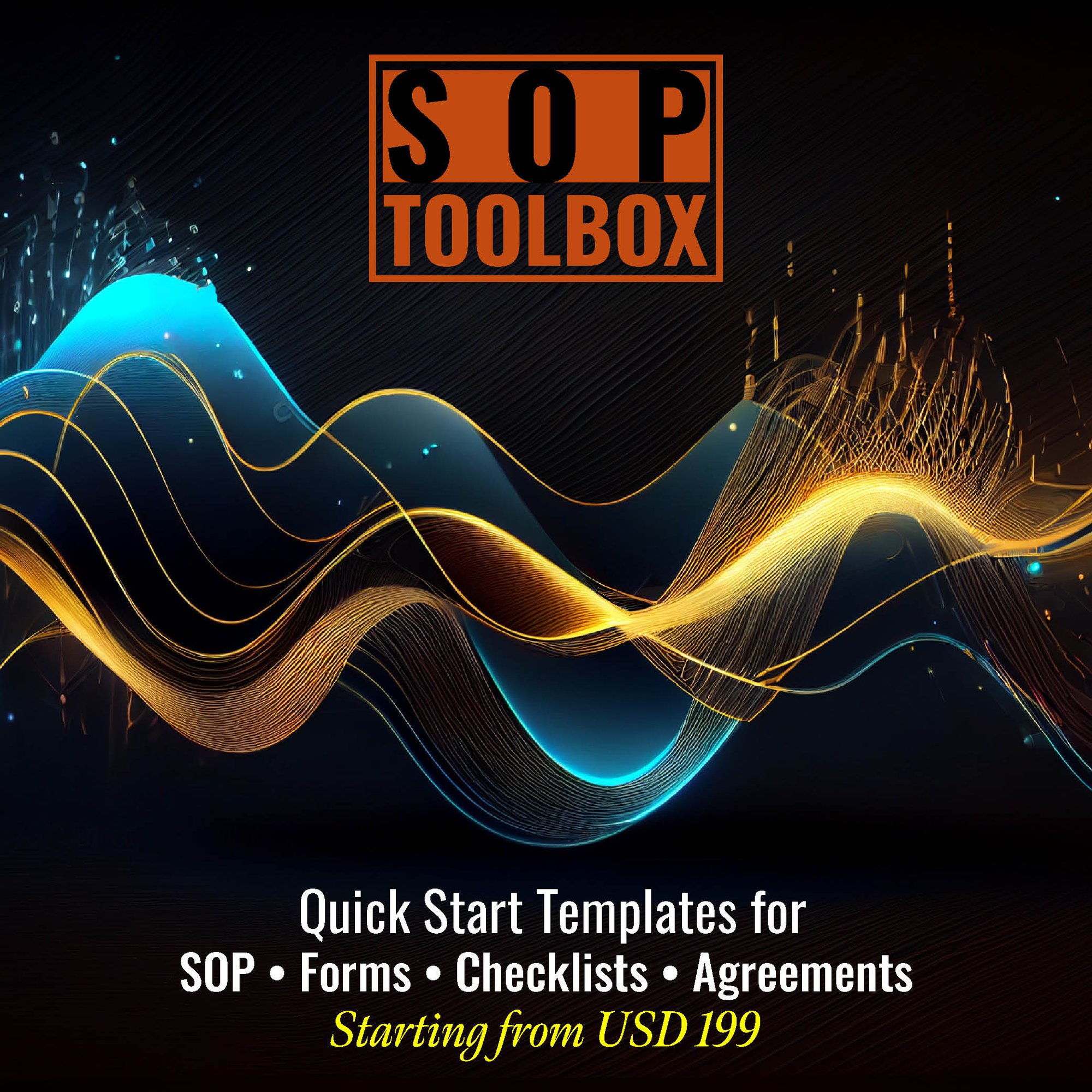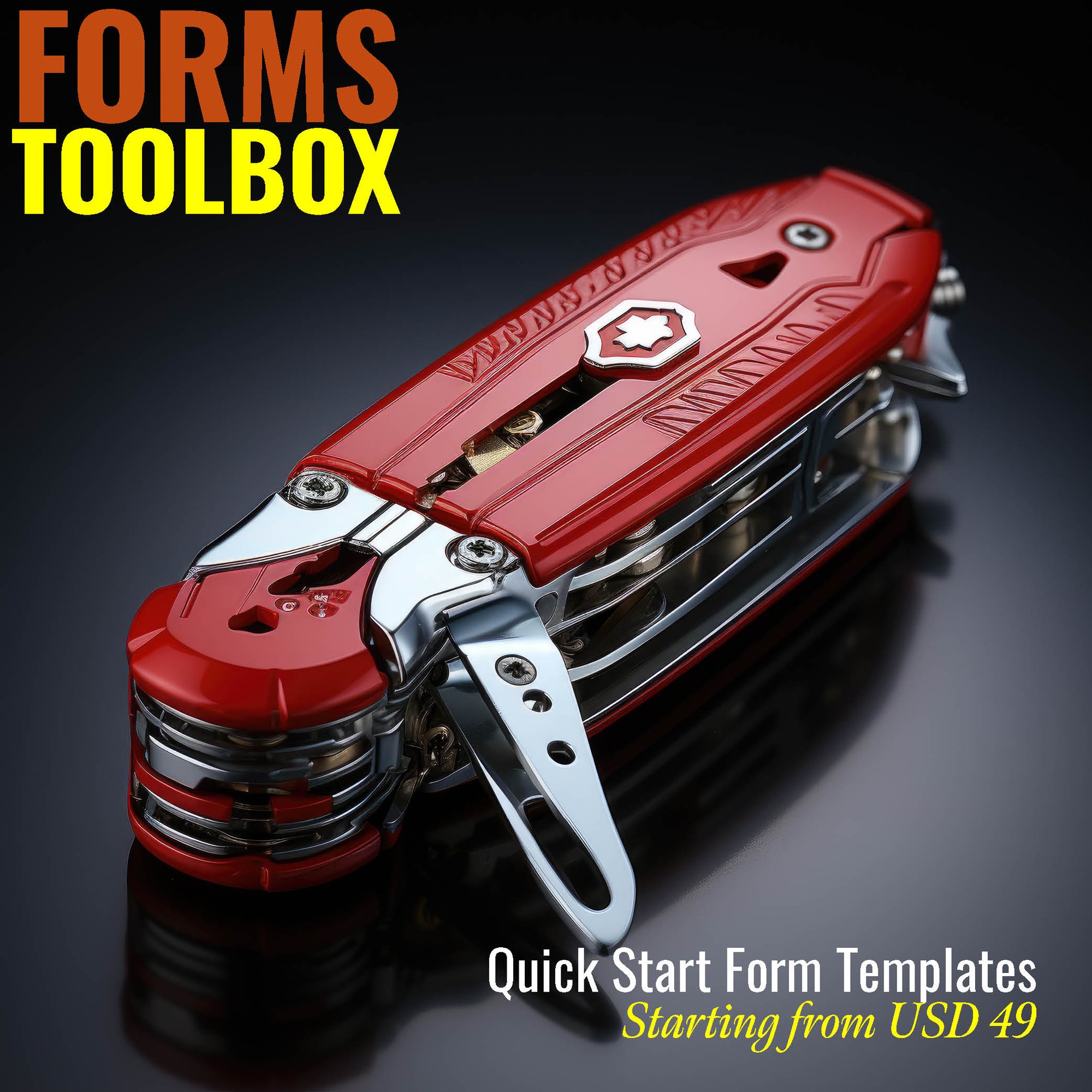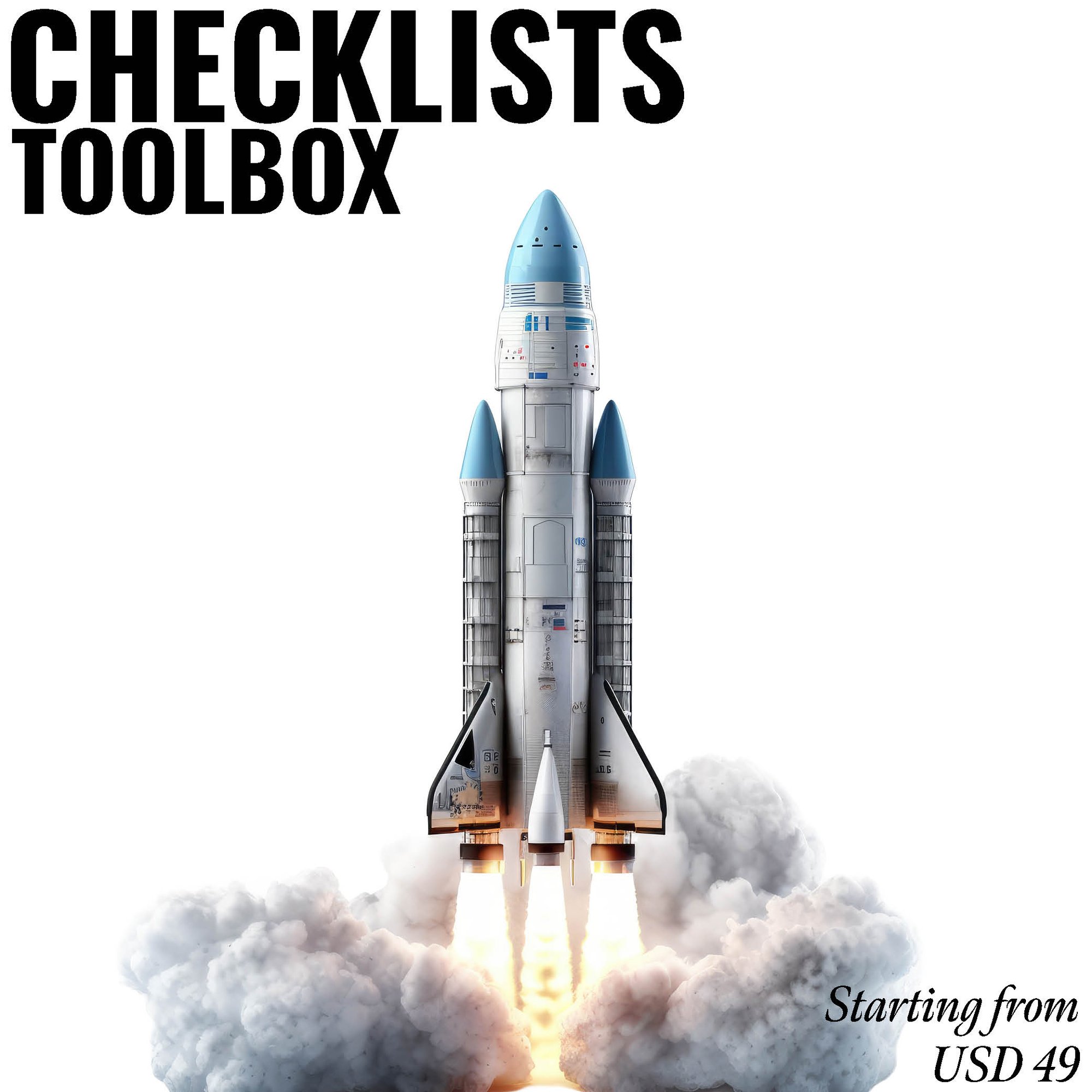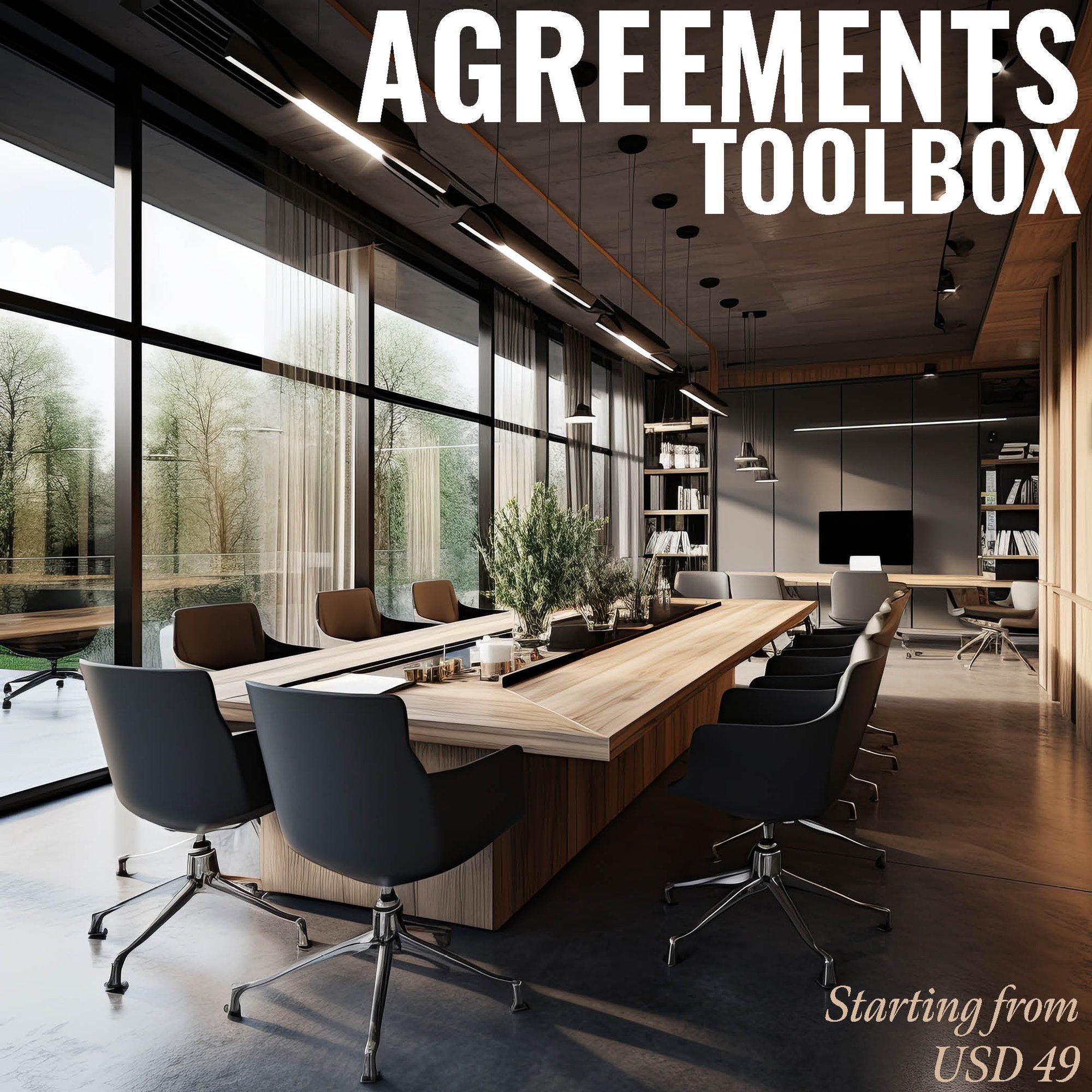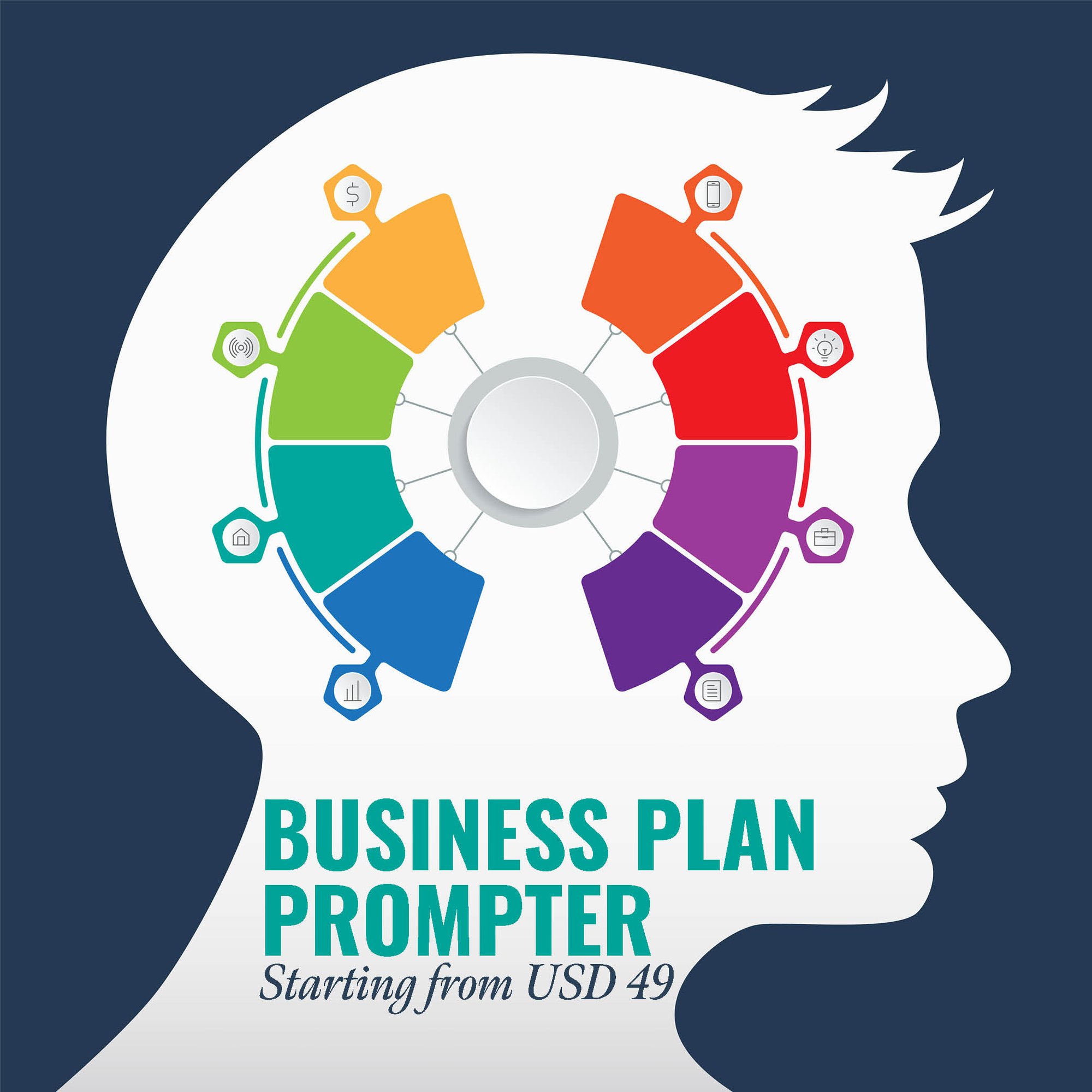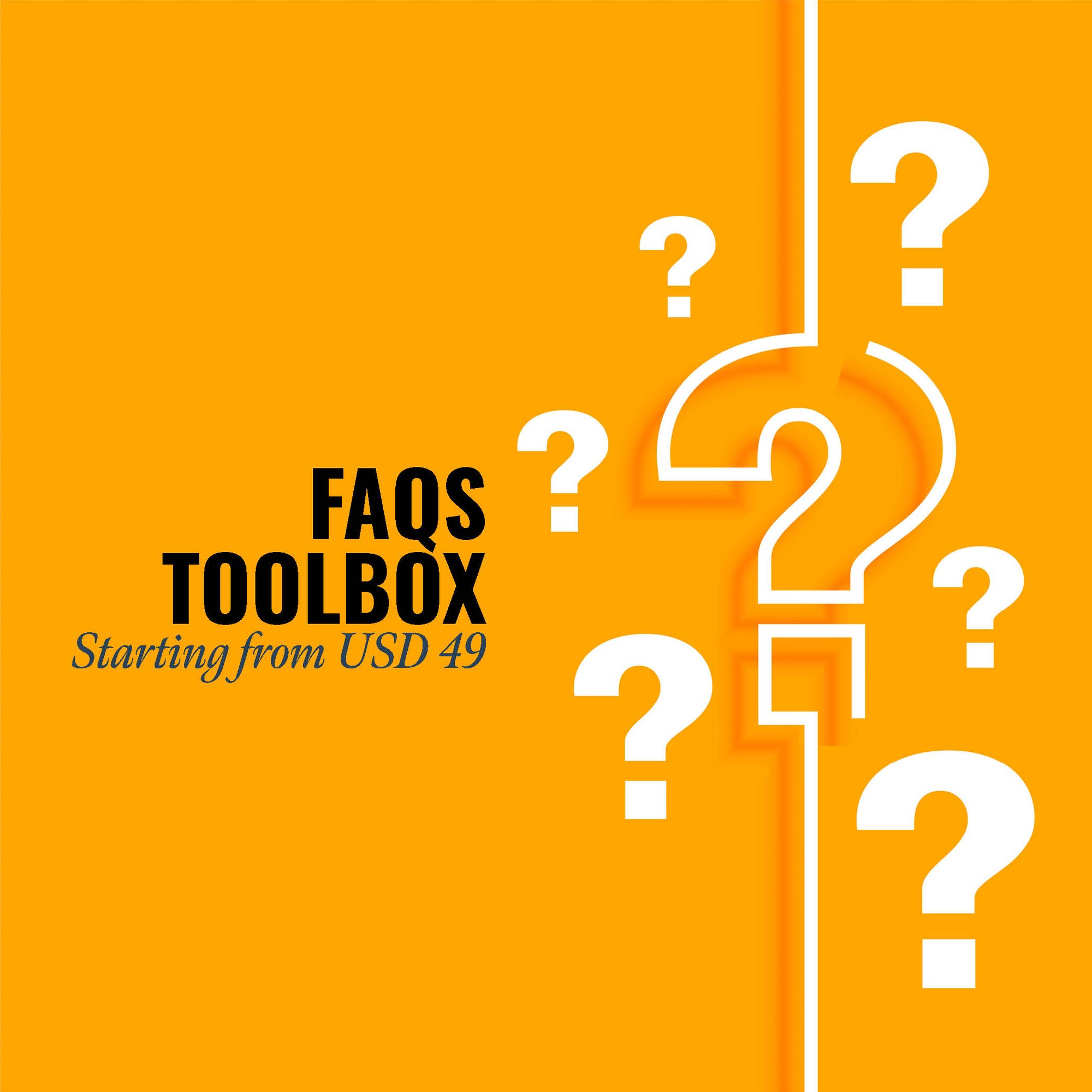A grocery business plan is essential for anyone looking to enter the competitive and constantly evolving grocery industry. The plan should detail the type of grocery store, its location, target customers, and how it will differentiate itself from the competition.
One important consideration is the type of grocery store. Will it be a large supermarket with a wide range of products or a small specialty store that caters to a specific niche? This decision will affect everything from the store layout and product selection to the marketing strategy.
Location is another critical factor in the success of a grocery store. A store situated in a high-traffic area with easy access to public transportation is more likely to attract customers. It's also important to research the demographics of the surrounding area to ensure that the store is catering to the right target audience.
Marketing strategies should focus on how to differentiate the store from competitors, such as offering locally sourced products, unique flavors, or personalized service. An online presence and delivery options can also increase convenience for customers.
A solid financial plan is also essential, including projected startup costs, cash flow projections, and a break-even analysis. A well-written grocery business plan can help secure financing from lenders and investors.
In summary, a grocery business plan should consider the type of store, location, target audience, marketing strategy, and financial projections. With careful planning and execution, a grocery store can be a profitable and rewarding business.
101 Questions for Grocery Store Business Plan
- What kind of grocery store do I want to open?
- Who is my target customer?
- What is the size of the market I want to serve?
- What is my unique selling proposition?
- What is my budget for starting the business?
- Where will my store be located?
- What kind of space do I need for my store?
- How much rent can I afford?
- How will I finance my business?
- How will I price my products?
- How will I choose my suppliers?
- How will I manage my inventory?
- What products should I sell?
- How will I determine my product mix?
- How will I promote my store?
- What kind of advertising will I use?
- How will I differentiate myself from competitors?
- What is my competitive advantage?
- What is my marketing budget?
- How will I staff my store?
- What is my training plan for employees?
- How will I manage employee scheduling?
- How will I handle payroll and taxes?
- What equipment do I need to start my business?
- How much will my equipment cost?
- How will I maintain my equipment?
- What kind of software will I need?
- How will I handle accounting?
- How will I handle taxes?
- What are my legal obligations?
- What kind of insurance do I need?
- What kind of licenses do I need?
- What kind of permits do I need?
- How will I handle waste management?
- What is my plan for food safety?
- How will I handle customer complaints?
- How will I handle returns?
- What kind of payment methods will I accept?
- What is my plan for expansion?What is my exit strategy?
- What is the purpose of my business plan?
- Who is the intended audience for my business plan?
- What are the key components of a business plan?
- What kind of research do I need to do before writing my business plan?
- How do I structure my business plan?
- What should I include in the executive summary?
- How do I create financial projections for my business plan?
- How do I perform a SWOT analysis for my business plan?
- How do I set realistic goals and objectives for my business plan?
- How do I revise and update my business plan as my business grows and evolves?
- How many employees do I need to start my business?
- What roles and responsibilities will each employee have?
- What are the necessary qualifications and skills for each role?
- What will be the compensation and benefits package for each employee?
- How will I attract and recruit the best talent for my business?
- How will I train and develop my employees?
- What is my plan for performance management and evaluation?
- How will I handle employee relations and conflict resolution?
- What is my plan for succession planning and career development?
- How will I ensure compliance with labor laws and regulations?
- What are the core processes of my business?
- How will I design and optimize these processes?
- What are the inputs and outputs of each process?
- What are the key performance indicators (KPIs) for each process?
- How will I measure and track process performance?
- What are the critical success factors for each process?
- How will I ensure quality control and continuous improvement in my processes?
- How will I handle bottlenecks and process inefficiencies?
- How will I manage process risks and implement mitigation strategies?
- How will I integrate technology and automation to streamline my processes?
- What kind of technology systems will I need to run my business?
- How will I select and implement these technology systems?
- What are the hardware and software requirements for each system?
- How will I ensure data security and privacy?
- How will I handle system backups and disaster recovery?
- How will I integrate different systems and platforms?
- How will I manage system upgrades and maintenance?
- How will I train employees on using these systems?
- How will I handle system customization and configuration?
- How will I evaluate system?
- performance and ROI?
- What kind of partnerships do I need to grow my business?
- What are the benefits of partnering with other businesses?
- How will I identify potential partners?
- What are the criteria for selecting partners?
- How will I approach potential partners and pitch my business?
- What are the terms and conditions of partnership agreements?
- How will I manage communication and collaboration with partners?
- How will I ensure alignment of goals and objectives with partners?
- How will I handle conflicts and disputes with partners?
- How will I evaluate the success and impact of partnerships?
- What are the innovative features or products of my business?
- How will my innovation improve customer satisfaction and experience?
- What is my process for generating new ideas and testing them?
- How will I prioritize and implement innovative ideas?
- What kind of resources do I need to support innovation?
- How will I foster a culture of innovation in my organization?
- How will I protect my intellectual property and maintain a competitive edge?
- How will I leverage technology to drive innovation in my business?
- How will I measure the impact and success of my innovation efforts?
- How will I adapt and evolve my innovation strategy as my business grows and changes?
- How will changes in government regulations or policies regarding [specific issue] impact the viability and success of our business plan?
Business Plan ToolBox: Fhyzics is a leader in Business Plan development. Our Business Plan ToolBox provides the necessary templates for you to develop a sound business plan.






